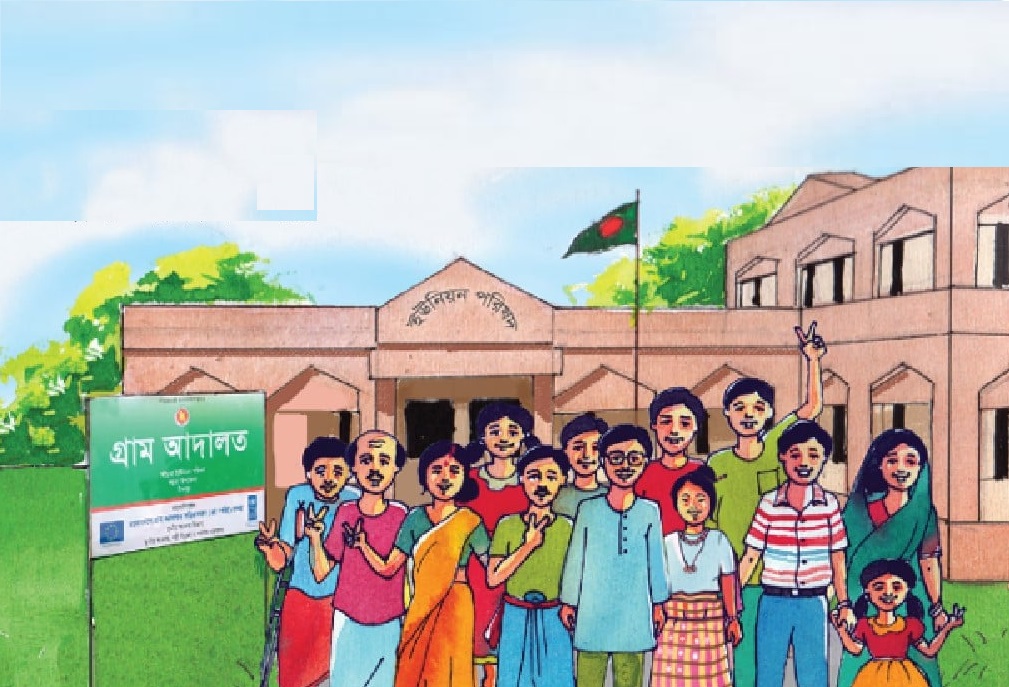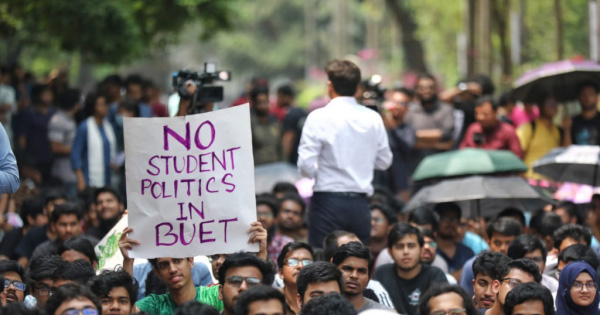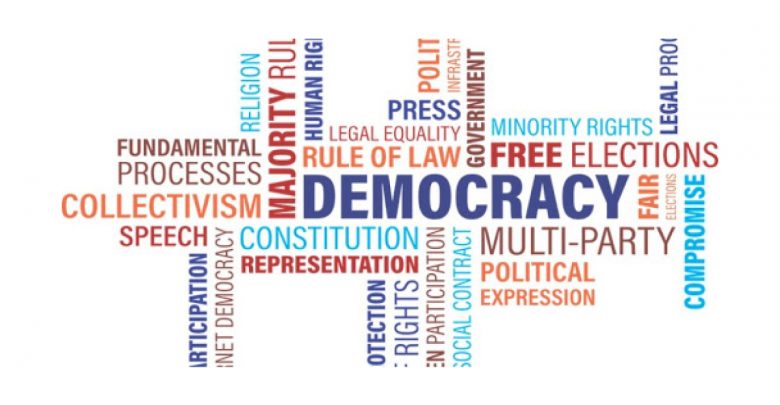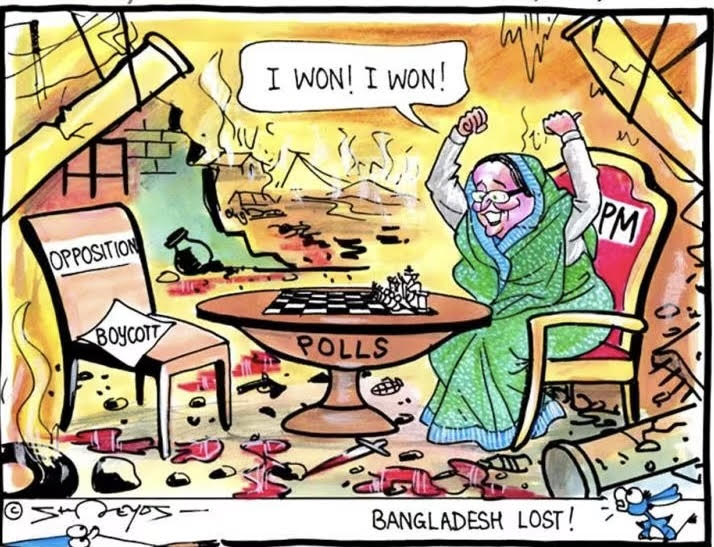Reflecting on ‘National Mourning Day’

On the eve of National Mourning Day, I encourage you to take a moment to reflect on our history with a fresh perspective. The video below presents an alternative viewpoint that challenges the commonly accepted narrative.
Unveiling the horrors of Ayna Ghor (Mirror House)

As the dim, oppressive walls of the notorious Ayna Ghor—the so-called “hall of horrors”—begin to release prisoners, the truth about what has transpired behind its closed doors is slowly coming to light. Many of those who have emerged from this shadowy place are members of the opposition party or individuals who dared to voice dissent against the autocratic regime. Their stories reveal the grim reality of the abuse and terror inflicted on those who refused to fall in line.
Among the many who have endured the unspeakable torment of Ayna Ghor is a member of my own family. Their experience is a powerful testament to the relentless cruelty meted out to those who stand in opposition to tyranny.
Imprisoned for their beliefs, my family member was subjected to conditions that defy human decency. Within the narrow confines of that chamber, they faced interrogation, humiliation, and torture. Days and nights blurred together in a fog of suffering, as they clung to the hope that justice would eventually prevail. The stories of others around them—fellow detainees whose only crime was to dream of a free and just society—only deepened the sense of despair.
Yet even in the darkness, their spirit remained unbroken. My family member endured, driven by the belief that the truth cannot be silenced forever. Their resilience is a testament to the strength of those who stand for justice, even when faced with overwhelming odds.
Now, as Ayna Ghor begins to release its captives, the world must bear witness to these stories. The experiences shared by survivors, like my family member, are not just accounts of personal suffering—they are indictments of a system that has lost its moral compass. They are reminders of the high price paid by those who dare to challenge oppression.
In sharing this experience, I hope to honor the courage of my family member and all those who have suffered in the shadows of Ayna Ghor. Their stories must not be forgotten, for they are the foundation upon which a future of freedom and justice can be built.
Deconstructing the Quota System Controversy

The job sector in Bangladesh is currently experiencing significant upheaval due to ongoing protests related to the quota system. This issue has reached the appeal stage in the legal system, with a final hearing scheduled for next month. Meanwhile, students across the country have taken to the streets to voice their concerns.
Root Cause of the Protests
The students’ demands extend beyond the upcoming court hearing. Their grievances encompass constitutional principles, legal complexities, the government’s stance, and their own demands for fair treatment and opportunities.
Assessing the Consequences of Bangladesh’s Village Court Policies: Navigating Justice

The recent enactment of the Village Court (Amendment) Act, 2024, in Bangladesh has ignited a debate surrounding the government’s stance on justice, particularly in rural areas. This amendment, purportedly aimed at fortifying village courts, has evoked concerns regarding its potential ramifications on marginalized communities and the fundamental tenets of democracy and human rights.
Addressing the Role of Student Politics in Higher Education in regards to HC’s order

Student politics has been an integral part of the socio-political landscape in Bangladesh for decades, often serving as a platform for young individuals to voice their opinions and engage in democratic processes.
Unveiling the Mirage: Bangladesh’s Political Landscape under Sheikh Hasina’s Rule

Bangladesh’s political landscape is a rich tapestry woven with the threads of history, culture, and democracy. In recent times, the country’s political scene has been dominated by the formidable presence of Prime Minister Sheikh Hasina and her Awami League party. However, beneath the facade of electoral victories and political stability lies a complex landscape riddled with challenges and controversies.
Coal – Black Gold or Black Hole?

In Bangladesh’s quest for power, coal has emerged as both a lifeline and a harbinger of doom. As the nation grapples with soaring energy demands, the government’s reliance on coal-fired electricity generation has skyrocketed, raising eyebrows and environmental alarms alike. This tale of coal’s ascent and its implications for Bangladesh’s future unfolds against a backdrop of economic growth, political maneuvering, and environmental degradation.
Bangladesh Election 2024: The chronicles of a rigged election

The 2024 general election in Bangladesh has sparked significant international debate and garnered mixed reactions from key global players. While some countries have congratulated Hasina on her victory,
Yet another one-sided election in the making or a fair one in Bangladesh?

A prologue of recent legal bills passed and political movement before election that will effectively shape the destiny of the country’s future.
Prioritizing Tomorrow: Why Long-Term Economic Prosperity Should Triumph Over Short-Term Political Gains

Bangladesh’s economic landscape has navigated treacherous waters over the past 18 months, grappling with the daunting challenges of escalating inflation and dwindling foreign currency reserves. Despite sporadic initiatives undertaken under the watchful eye of global financial institutions like the International Monetary Fund (IMF), the government’s response has proven insufficient in addressing the root causes, exacerbating the nation’s economic tribulations.
